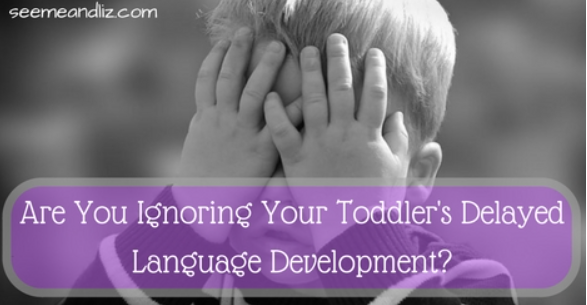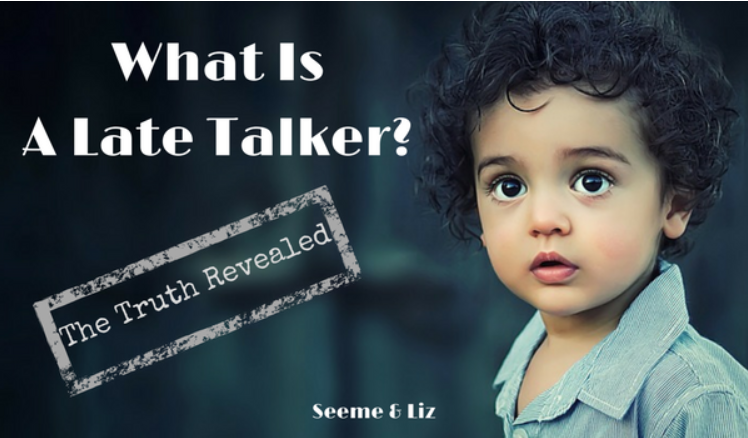What is rie parenting style
What exactly is RIE parenting? As of very recently I would not have been able to answer this question. Friends often ask me about parenting tips (because of my background working with children of all ages and abilities) and recently a friend asked me about RIE parenting. I was stumped. I had actually never heard of it before. So I did a little research and will share my findings, and thoughts with you here.
So, the question remains,
What is RIE Parenting?
RIE (pronounced “wry”) stands for Resources for Infant Educarers. From what I have read, some people claim that RIE is a trendy new parenting style touted by celebrities such as Tobey Maguire, Penelope Cruz, Helen Hunt and a few others. An example of this can be seen in an article in Vanity Fair (February 2014).
However, much to my surprise RIE has been around since 1978, so it definitely does not sound like a trend or fad. RIE was founded by Magda Gerber who was an early childhood educator in Hungary. Gerber worked closely with pediatrician Emmi Piklyer and pediatric neurologist Tom Forrest.
Gerber came up with RIE through her own parenting experience as well as through her work as an early childhood educator.
The premise of RIE is RESPECT. That is, respecting your child (even infant) as a capable human being and not simply as an object.
To understand RIE a bit better lets look at some of its basic principles.
8 Basic Principles of RIE
- Respect – As I mentioned above, this is the underlying key to the RIE approach or philosophy. To me this seems natural. We should always respect our children if we want them to respect others.
- Create a genuine or authentic child – this is a child who feels competent, independent and secure in their environment.
- Trust in the child’s abilities – again this goes for infants, toddlers and children. View them as competent individuals.
- Observe the child – through observation, we can learn a lot about our children and their abilities. By taking a step back and observing, a learning environment can be created. [RELATED READING: Following Your Child’s Lead In Play]
- Offer a safe, predictable yet challenging environment – allow the child to explore without being told “no” too many times. Babies learn best when their environment is predictable.
- Allow the child uninterrupted play and exploration – instead of always trying to “teach” a baby/child, appreciate what they are naturally able to do.
- Involve the child in daily activities – this can range from diaper changes, dressing, mealtime, etc. For babies this can mean narrating what you are doing, rather than just going about your activities as if the child isn’t present. For example, saying something like “now we are going to change your diaper. I will get a clean diaper and put it on you…”.
- Consistency is key – set limits and make those limits known. This is how to develop discipline.
Pros and Cons of RIE
I am going to look at the pros and cons of RIE with respect to the idea that children learn best through play.
Pros of RIE Parenting
Principles 4, 6, 7 and 8 stand out the most to me when it comes to children learning best through play. These RIE principles encourage a baby/child to play freely in a safe environment with the parent taking a step back.
RIE philosophy urges parents to allow their child plenty of free play time or unstructured play and use only simple toys or household objects (that are deemed safe for a young child) as opposed to toys with lights and sounds. I agree with this as well. When a child is given a toy with buttons that cause lights to turn on or music/sounds to start playing, that is all that toy will be used for. It can teach cause and effect but that is about it. It does not allow for much open ended play, especially for young children. For babies, simplicity is often the key. Loud and bright toys can cause over-stimulation in some babies.
RIE also advocates for a lot of distraction free time between parent/caregiver and child. RIE educators want you to remove phones, TV’s, tablets, etc. so you can spend quality time with your child. Again, I agree with this. Our world is including more and more technology everyday and it is available for infants, children and adults.
However, many studies will prove that this is not the ideal way to promote learning in a developing and impressionable child. Of course I am not saying that you should get rid of all technology in your house and live in the dark ages. However, make sure to set aside “tech free” times with your children.
RIE educators also advise that “baby talk” should be avoided at all times because this is not treating the child with respect. Rather, you should talk to your child the way you would another adult. I agree with this somewhat and you can read more about my perspective on this and why I feel it is important for your child’s language learning abilities by reading the article Stop The Baby Talk – Or Should You?
Cons of RIE Parenting
The RIE principles are viewed as too rigid for some parents, especially those who lean more toward an attachment style of parenting. Some examples of this rigidity include not allowing your baby items which are seen as demeaning. For example, infants should not have high chairs, soothers, bottles, sippy cups, blankies, baby wearing, etc. There is no need for these items as they believe a child, even a baby, can be taught to drink from a cup and self soothe for example. I disagree. Babies are not small adults, they are not as developed. They still have primitive reflexes.
I do however believe that soothers and sippy cups should only be used in the first year, maybe two, of life. Most one year old’s are capable of drinking from a straw and often soothers are used as a parental aid to silence a crying baby/toddler (yes, again, many will disagree with me on this one).
RIE guidelines also recommend that you let your baby cry and not always jump to their rescue. Again, this is why the above items are considered a “no-no” in RIE. They are seen as crutches. RIE advocates state that crying is natural and items like soothers are shoved into a babies mouth because it is the adult who doesn’t want to hear the child crying.
Some of these ideas are a bit harsh in my opinion. Yes, it may be natural for a baby to cry, however I feel that they need to know that an adult is there to comfort and protect them. The world is a scary place for a baby/child and they need reassurances from the people they trust.
Most of the cons do not relate to learning through play; however, I feel that they need to be mentioned. I also do not agree with the idea that children do not need any toys, or very minimal and modest toys. Yes, the toy market is a bit excessive these days, but there are many high quality educational toys on the market that can and will help your child learn. Your child does not need every latest and greatest toy out there, so make sure you are being selective in what you purchase to get the most for your money.
Is RIE for you?
Personally, I actually have been practicing some of the RIE principles with my own children without knowing it. I always narrated to my children when they were babies and I made sure not to use too much baby talk. I know that other parents do this as well. Telling your child what you are doing when they can’t speak with you just seems natural.
I also let my children cry a bit (I know many will disagree with this) especially when they were babies (not newborns). I wanted them to learn to self soothe but I also wanted them to know that I was there for them.
We also don’t have a toy room packed to the ceiling. I am selective in the toys my children have. They do not need everything.
I also encourage unstructured free play every single day! And we have no screen days (1–2 a week).
Parent’s should not feel like they need to follow a particular parenting style. Take what works for you from each one and then tweak it even further to make it your own.
It will also depend on your personality as the parent.
RIE is not for everyone, however I do believe that many of the ideas behind it make a lot of sense.
For more information check out the book Baby Knows Best which outlines the RIE philosophy. It is written by Deborah Solomon, RIE’s current director. Or check out RIE’s official website at rie.org.




